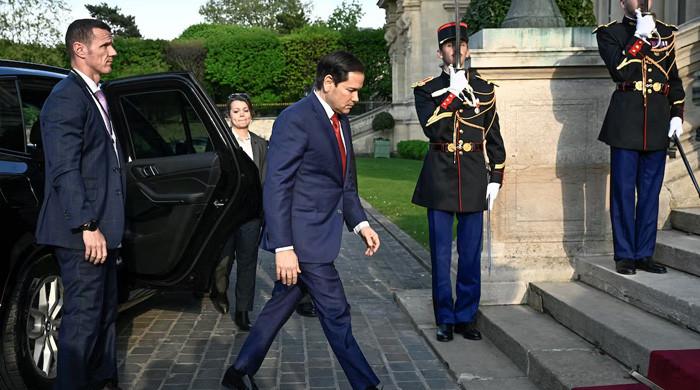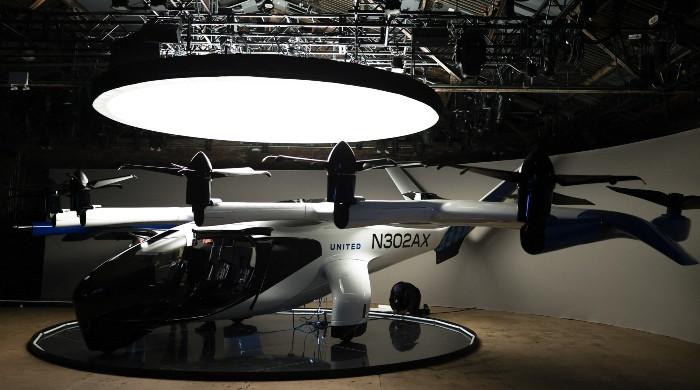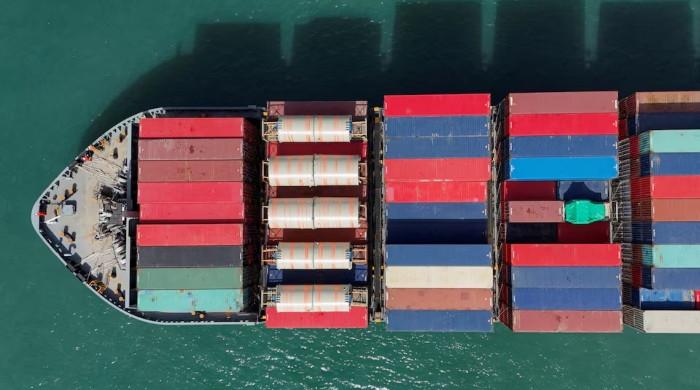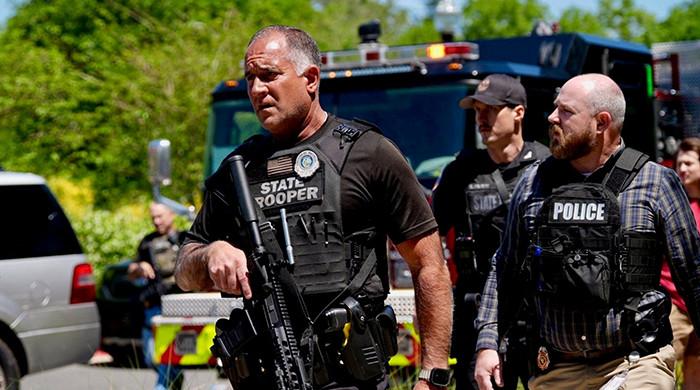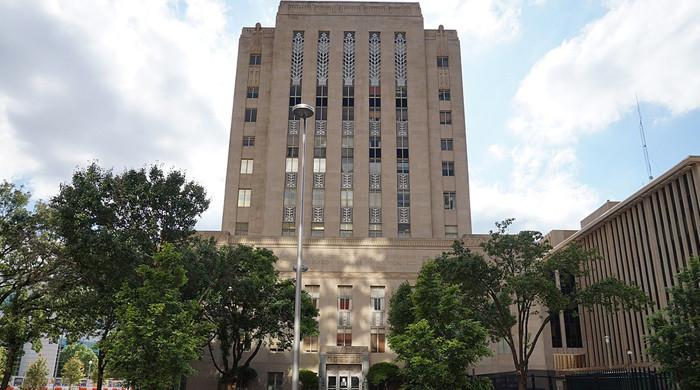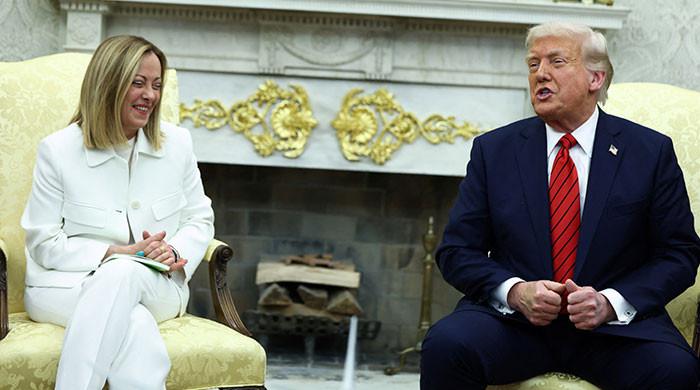From weed joke to agreed deal: Inside Musk's $44 billion Twitter buyout
Musk says he rounded Tesla's per share price to $420 due to number's significance in marijuana culture so his girlfriend would find it funny
April 26, 2022
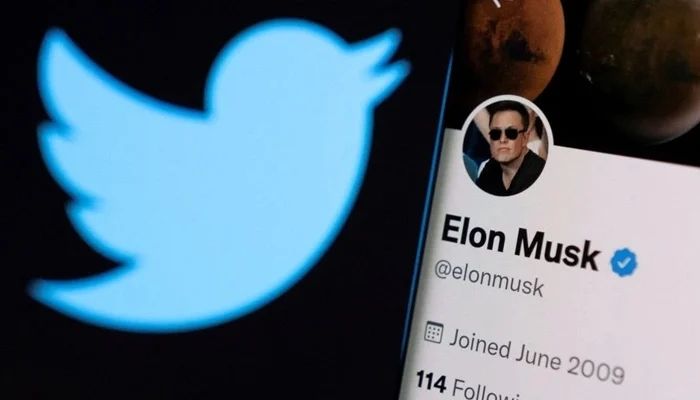
Elon Musk's $54.20-per-share offer price for the social media company on April 14 contained the digit 420, a reference to a trope for smoking marijuana. The financing documents he submitted last week in support of his bid were signed on April 20, abbreviated as 4/20.
Such references harken back to his 2018 "funding secured" tweet, stating that he was considering taking electric car maker Tesla private for $420 per share. Tesla and Musk subsequently agreed to pay $20 million each to settle charges that he misled investors.
Musk said he rounded the price up to $420 because he had recently learned about the number's significance in marijuana culture and thought his girlfriend would find it funny, "which admittedly is not a great reason to pick a price," according to a U.S. Securities and Exchange Commission complaint filed at the time.
Discussions with Twitter turned serious, however, when the San Francisco-based company's advisers, including bankers at Goldman Sachs Group, JPMorgan Chase & Co, and Allen & Co, started poring through Musk's financing documents in support of his $44 billion bid on April 21.
Many of the biggest Wall Street banks, led by Morgan Stanley, Bank of America Corp, and Barclays, committed to providing $25.5 billion in debt, some of it secured against Twitter and some of it tied to Musk's Tesla stock. Musk himself committed another $21 billion in cash.
Twitter's board, which was still reviewing Musk's bid after he had presented it with little detail a week earlier, went into overdrive. It rushed to complete an analysis to assign a value to its standalone plan, which Parag Agrawal, five months into his role as Twitter chief executive, was delivering on. And it asked its bankers to triple-check if there was any other bidder who could offer more than Musk.
This account of how Musk's deal for Twitter came together is based on interviews with four people familiar with the negotiations, who requested anonymity to discuss them.
Representatives for Musk, Twitter, and the banks either declined to comment or did not respond to requests for comment.
Overseeing deal negotiations for Twitter was its board chairman Bret Taylor, who is also co-chief executive of Salesforce. It became clear to Twitter's board directors there was no white knight, as technology and media companies fretted about the potential antitrust risk, while private equity firms could not saddle the company with enough debt to juice returns, given its limited cash flow.
Musk had said he did not care about the economics of the deal "at all" and was pursuing Twitter to advance free speech, disillusioned by many of its platform moderation decisions.
"I hope that even my worst critics remain on Twitter because that is what free speech means," Musk tweeted on Monday.




